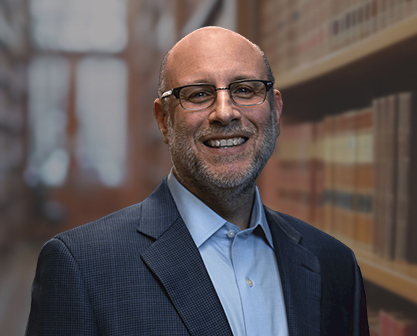Edison Electric Illuminating Company – Boston, MA
You may be entitled to receive compensation. Mesothelioma and lung cancer victims & their families have been awarded over $1 million+ from easy access to funds. Call us today to apply.
Over the past 30 years, we've helped 1,000s of families claim the compensation they deserve with no upfront costs to them.
History of Edison Electric Illuminating Company
Table of Contents
Founded by the father of modern electricity, Thomas Edison, the Edison Electric Illuminating Company of Boston was incorporated in 1886. The company was one of the first of its kind in America, serving as a major innovator in the electricity production field. The company was founded at a time when this industry was in its infancy and provided the complete spectrum of electrical service, including generation and purchase, transmission, distribution, and sale of electricity to its customers. Their first customer was the Bijou Theater, which became the first electrically powered theater in the United States.
As the company’s service reach grew over the Greater Boston area, so also grew the competition among the 13 other providers in town. To establish a better footing, the company opened a second generating station and replaced its overhead lines with an underground line system. A series of acquisitions in the 1890s and early 1900s allowed Edison Electric Illuminating Company to achieve dominance in the city. The company completed six more acquisitions of neighboring companies in the years that followed. A larger geographical footprint meant greater demands for electricity, prompting the company to expand its output by adding capacity at its plants, especially the L Street Station.
In 1937, Edison Electric Illuminating Company changed its name to Boston Edison Company. During the years after World War II, the company noticed the prevalence of household appliances carrying much of the demand for in-home electricity; it shifted focus accordingly by both increasing electrical output and beginning to sell these appliances, which accounted for a massive boost in revenue. This demand also led to the construction of six new substations to handle the load, not only for households but for manufacturing factories and other businesses. In the decades that followed, more emphasis was placed on nuclear power plant construction and management, and two of their biggest plants underwent conversion to burn both oil and gas to reduce dependencies on a single source of fuel.
Boston Edison Company was involved in a series of mergers beginning in 1999, with most of the company joining other providers under a new parent company called NSTAR, and the remaining pieces being acquired by Eversource Energy.
Asbestos Use at Edison Electric Illuminating Company in Boston, MA
Due to the large geographical footprint of Edison Electric Illuminating Company (and later Boston Edison Company) around the region, and the vast number of customers it serviced, multiple power plants were built and used to generate the required output. These electricity plants included the L Street Station, the Edgar Station, the Mystic Station, and the Pilgrim Station, a nuclear plant in Plymouth, MA. The exposure to asbestos at these plants was notably high due to the presence of asbestos in the equipment and machinery used by workers, as well as within the structures themselves.
Until the 1980s, asbestos and materials containing asbestos were used routinely and abundantly in building construction, including cement, electrical wire, plumbing pipes, tile flooring, and both interior and exterior insulation. In addition to building materials, insulation lining had also been present in a large number of steam pipes, turbines and generators, boilers and furnaces, pumps, and other heavy equipment used by workers throughout the decades of Edison Electric’s operation. Daily exposure to asbestos at this scale posed serious danger to trade workers and any other employees stationed at these plants.
These plants also underwent periods of maintenance wherein the old, worn-out, asbestos-laden insulation materials would be replaced; since this could only be achieved by sawing, drilling, and cutting, these brute-force measures likely released an immeasurable amount of asbestos fibers into the air. This practice – while designed to make the pipes and other equipment more efficient by ensuring the insulation was as new and effective as possible – potentially caused a much higher level of exposure than simply working with this equipment and inside the buildings. At this point in history, many of these workers were unaware of the dangers asbestos posed and could have unknowingly breathed in the fibers or carried them home on their clothes, causing potential harm to them and their families, friends, and neighbors.
Our Top-Rated Asbestos Attorneys Represent Edison Electric Illuminating Company Workers
If you or a loved one has been diagnosed with mesothelioma, lung cancer, or another asbestos-related illness due to asbestos exposure at Edison Electric Illuminating Company in Massachusetts, you need to speak with an experienced asbestos lawyer as soon as possible.
At Belluck Law, our nationally recognized mesothelioma attorneys have extensive experience fighting for families and workers exposed to asbestos. We are proud to have secured more than $1 billion in compensation for asbestos victims and their families.
We are ready to help you. Contact us today to set up a free consultation. A partner at our law firm will personally call you to talk about the details of your case and explain your legal options. Our law firm does not charge (any legal fees upfront, and we do not get paid unless and until we secure compensation for you.
